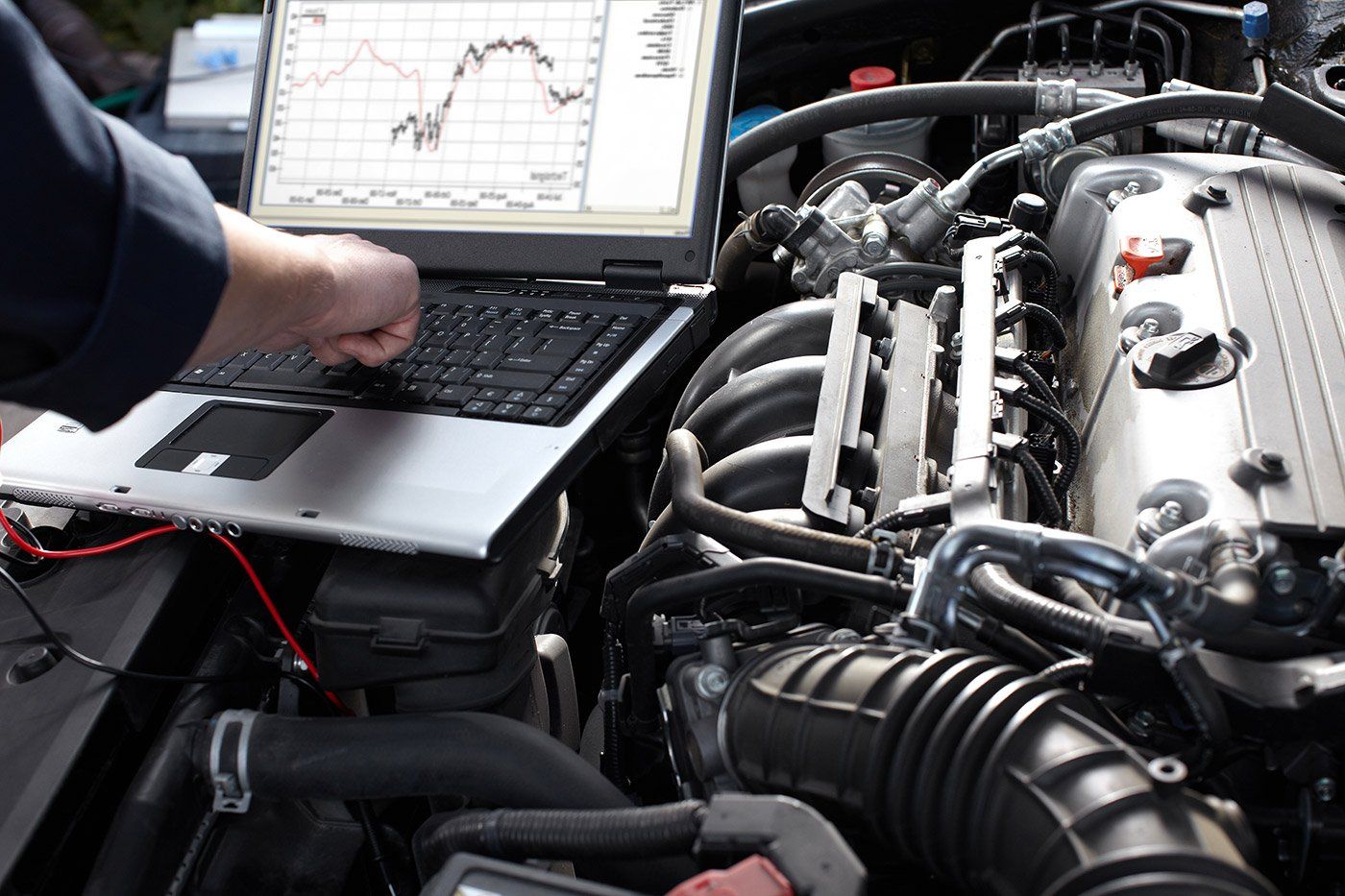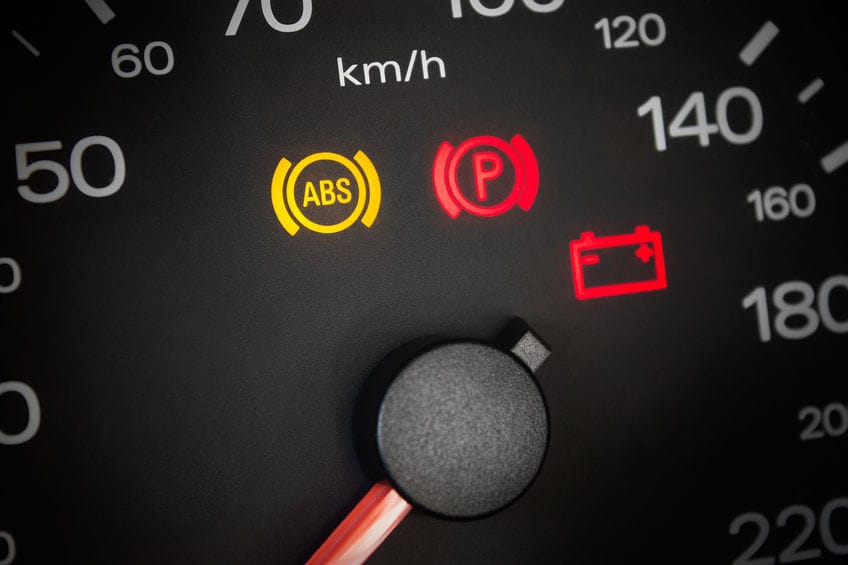Why You Shouldn’t Ignore Your “Check Engine” Light
Your Local Auto Repair Shop can help!

Your “check engine” light is trying to tell you something important—there’s a problem with your car. It could be something as simple as a loose gas cap, or it could be something more serious like a faulty oxygen sensor. But regardless of the cause, you shouldn’t ignore the light.
If you ignore the light, the problem will likely get worse. And if the problem is serious, it could lead to engine damage, which can be expensive to repair. Don’t take chances with your car—if the “check engine” light is on, get it checked out.

What a Check Engine Light Means
A “check engine” light can mean many different things. Depending on the year, make and model of your vehicle, it may indicate a serious problem or a minor one. That’s why it’s important to know what it means and what to do when you see it.
If you’re not sure what the problem is, the best course of action is to bring your car to a qualified mechanic. They will be able to hook up a diagnostic tool to your car’s computer system and pinpoint the issue. Once they know what the problem is, they can make the necessary repairs.
Loose Gas Cap
One of the most common reasons for a “check engine” light to come on is a loose gas cap. If your gas cap is loose, it can cause your car to lose fuel efficiency and produce excess emissions. To fix the problem, simply tighten the gas cap until it clicks. If the light doesn’t go off after a few days, or if the problem persists, bring your car to a mechanic.
Oxygen or Airflow Sensors
Another common reason for a “check engine” light to come on is a faulty oxygen sensor. The oxygen sensor is responsible for monitoring the level of oxygen in the exhaust system. If it senses that the oxygen level is too high or too low, it will trigger the “check engine” light.
In some cases, the problem may be a faulty air flow sensor. The airflow sensor is responsible for monitoring the amount of air flowing into the engine. If it senses that the airflow is restricted, it will also trigger the “check engine” light. Either way, the problem should be diagnosed and repaired by a qualified mechanic.
Catalytic Converter
Another potential problem is a faulty catalytic converter. The catalytic converter is responsible for reducing emissions from the engine. If it’s not working properly, it can cause the “check engine” light to come on. In some cases, the converter can be repaired. But in other cases, it may need to be replaced.
Spark Plugs
If your car seems to be running rough and the indicator light is on, you could need new spark plugs. This is also one of the less expensive repairs out there and should be part of routine maintenance. Ignoring the problem, though, can also lead to bigger repairs.
If your check engine light is on, don’t ignore the problem! Acting quickly can mean the difference between a couple hundred and a few thousand dollars. If your engine light is on, contact Poston Motor Company, your
local auto repair shop, for a diagnosis.
